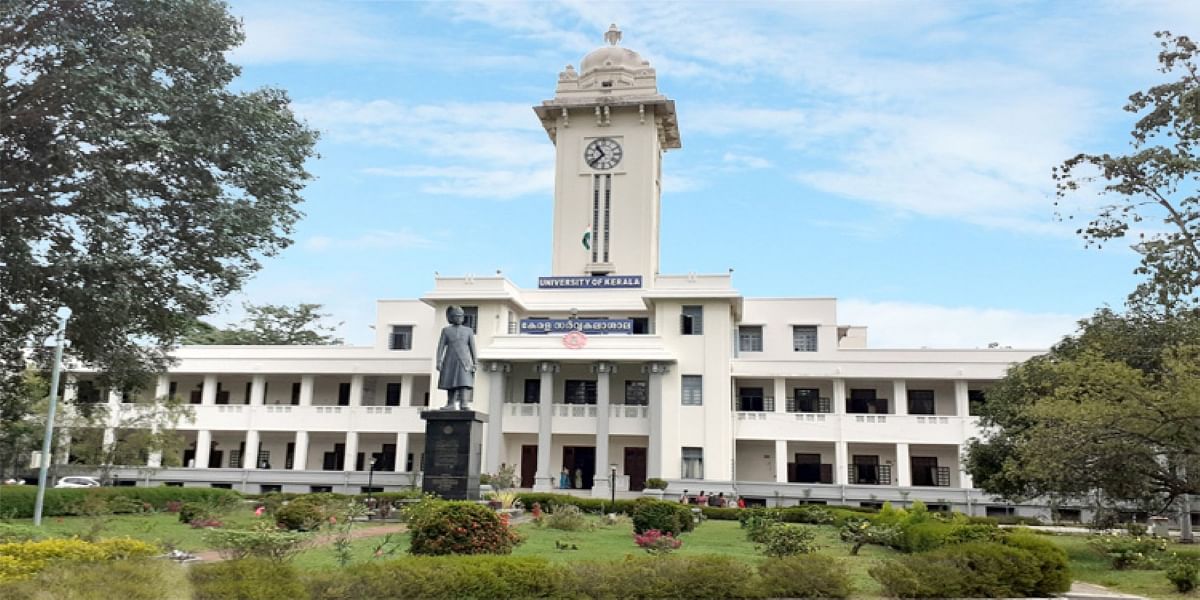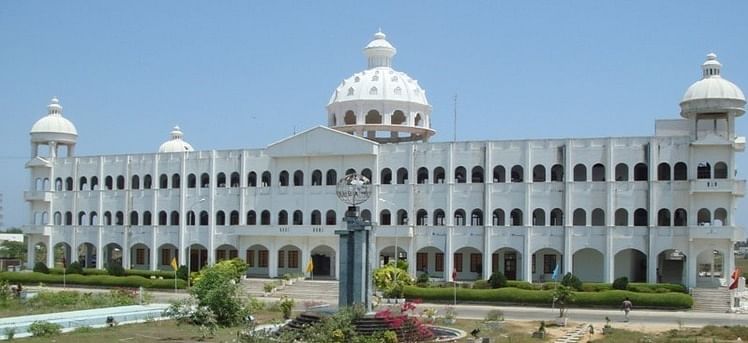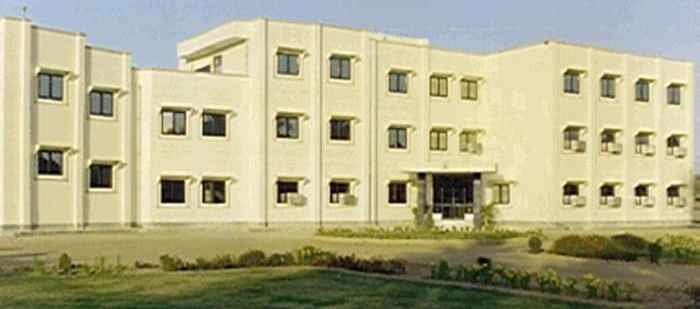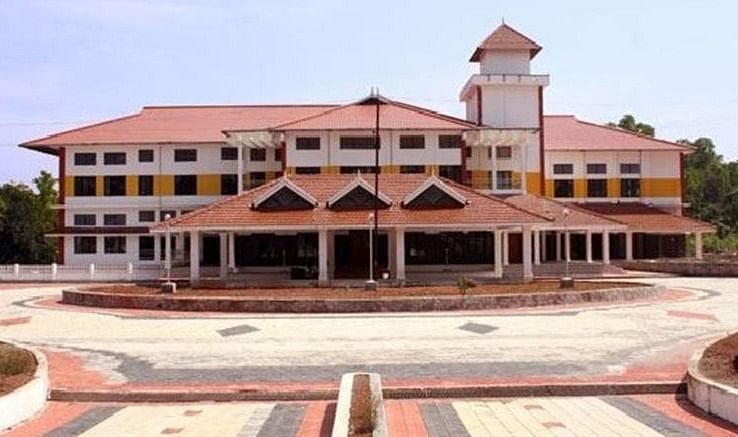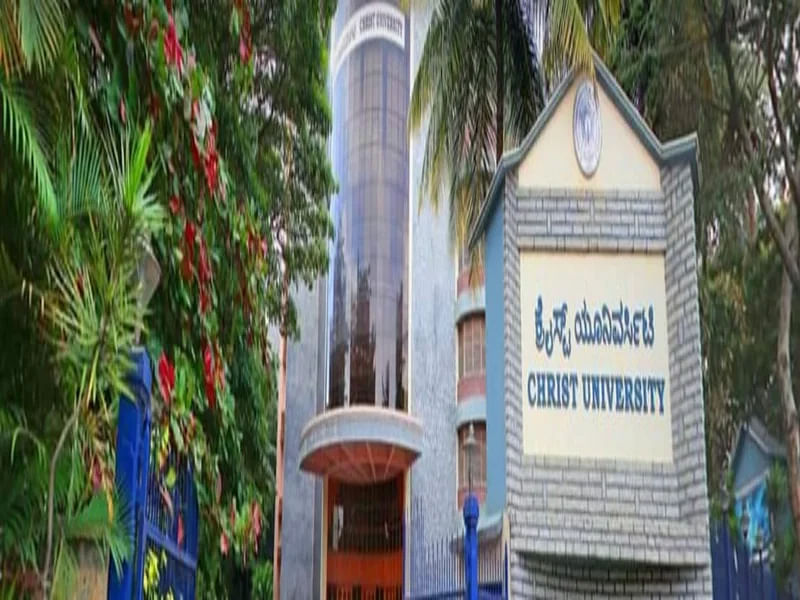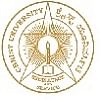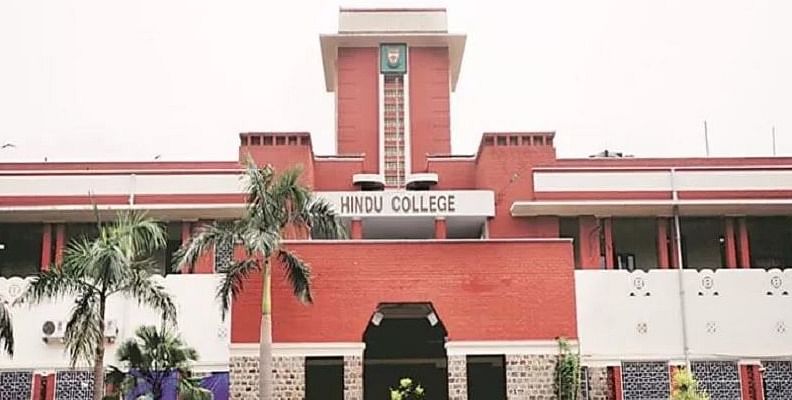B.Sc Electronics Syllabus and Subjects

B.Sc Electronics course imparts practical, and theoretical knowledge in the subject areas to the students, such as in fundamentals of analogue and digital systemetc, communication electronics, etc. B.Sc Electronics job scope has a extensive range of job roles from electronics technician, technical leader to project manager,etc. in both private and public sectors.
Semester Wise B.Sc Electronics
The B.Sc. Electronics curriculum includes a wide range of topics, including Electronics, as well as specialisations in Service Engineer, Broadcast and Sound Technician, Electronic Sales Manager, Electronics and Communication Consultant, Electronics Technician, Technical Leader, Project Manager, Manufacturing Head, Site Maintenance Technician, Marketing Manager, and others. The B.Sc. Electronics course is broken up into six semesters and cover a wide range of topics. The following is a list of the B.Sc. Electronics subjects offered each semester:
B.Sc. Electronics First Year Syllabus
The table below contains the list of B.Sc. Electronics subjects in the first year:
| Semester I | Semester II |
| Core I: Basic Circuit Theory and Network Analysis | Core I Semiconductor Devices |
| Core II: Mathematics Foundation for Electronics | Core IV: Applied Physics |
| Core Lab I: Basic Circuit Theory and Network Analysis Lab | Core Lab1 II: Semiconductor Devices Lab |
| Core Lab II: Mathematics Foundation for Electronics Lab | Core Lab IV: Applied Physics Lab |
B.Sc. Electronics Second Year Syllabus
The table below contains the list of B.Sc. Electronics subjects in the second year:
| Semester III | Semester IV |
| Core V: Electronic Circuits | Core VIII: Operational Amplifiers and Applications |
| Core VI: Digital Electronics and Verilog/VHDL | Core IX: Signals and Systems |
| Core VII: C Programming and Data Structures | Core X : Electronic Instrumentation |
| Core Lab V: Electronic Circuits Lab 4 2 5 | Core Lab VIII: Operational Amplifiers and Applications Lab |
| Core Lab VI: Digital Electronics and Verilog/VHDL Lab | Core Lab IX: Signals and Systems Lab |
| Core Lab VII: C Programming and Data Structures Lab | Core Lab X: Electronic Instrumentation Lab |
B.Sc. Electronics Third Year Syllabus
The table below contains the list of B.Sc. Electronics subjects in the third year:
| Semester V | Semester VI |
| Core XI: Microprocessors and Microcontrollers | Core XI: Communication Electronics |
| Core XII: Electromagnetics | Core XII: Photonics |
| Core Lab XI: Microprocessors and Microcontrollers Lab | Core Lab XI: Communication Electronics Lab |
| Core Lab XII: Electromagnetics Lab | Core Lab XII: Photonics La |
B.Sc. Electronics Subjects
Over three years, B.Sc. Electronics courses cover a wide range of subjects and topics that are crucial for prospective students to study. Core and elective categories are used to categorise the subjects for the B.Sc. Electronics programme. A list of B.Sc. Electronics courses are provided below:
B.Sc. Electronics Core Subjects
The core B.Sc.Electronics subjects list of essential subjects that all students study, is as follows:
- Applied Quantum Mechanics
- Electronics Materials
- Basic Electronics and Instrumentation
- Fundamentals of Analogue and Digital System
- Electronic Devices
- Semiconductor Devices and Applications
- Analogue Communications
- Microprocessors and Microcontrollers
- Communication Electronics
- Numerical Analysis and Programming in C language
- Radar, Television and Microwave Electronics
- Numerical Techniques
- Wave Propagation and Antenna
Practicals:
- Practical Session
- Seminar
- Internship
- Project Work
B.Sc. Electronics Elective Subjects
- Medical Electronics
- Industrial Electronics
- Power Electronics
- Computer Networks
- Opto Electronics
- Digital System Design
- Microcontroller 8051 and its Applications
B.Sc. Electronics Course Structure
Core and elective courses are frequently offered in B.Sc. Electronics programmes. Core subjects take up the first few semesters of the Electronics programme. Depending on the Electronics programme, it may take up to one academic year to finish the core curriculum. After that, candidates have the option of customising their second and third-year Electronics programme by choosing electives based on their post-Electronics employment goals. Students might decide to specialise in various fields of Electronics by picking elective courses and concentrations. Your post-B.Sc. career goals in Electronics can be communicated to potential employers effectively by using these specialisations.
The topics included in the B.Sc. Electronics programmes provide not just theoretical understanding but also vital interpersonal and practical abilities. The B.Sc. Electronics course structure is broken down as follows:
- VI Semesters
- Core Courses
- Elective Courses
- Practicals
- Seminars
- Internship
- Project Work
B.Sc. Electronics Teaching Methodology and Techniques
The B.Sc. Electronics programme uses its own set of instructional strategies. Practical lessons are used to teach subjects so that students can understand what is being taught to them. Various teaching methods are employed by various Electronics programmes. To improve the effectiveness of training, B.Sc. Electronics uses case studies, group projects, and other types of action-based learning in addition to conventional lecture-based instruction. This results in learning more about the course's theory and application. The different teaching methods applied in the B.Sc. Electronics programmes are as follows:
- Practical /Project sessions
- Internship
- Seminars
- Regular Lectures
B.Sc. Electronics Course Projects
The B.Sc. Electronics programme emphasises group projects and activities through project-based learning, which is a prevalent teaching technique. As they move through the course, groups of six to eight students each work on assignments and other duties relevant to the course.
Working on projects is largely used to make sure that pupils fully grasp the principles. Some of the most popular B.Sc. Electronics projects include the following:
- Street Light Circuit
- Battery Charger Circuit Using SCR
- Air Flow Detector Circuit
- Water Level Alarm Circuit
- Low-Cost Fire Alarm Circuit
- Single Chip FM Radio Circuit
- Digital Stop Watch Circuit
- High and Low Voltage Cut-off With Delay and Alarm.
B.Sc. Electronics Course Books
The B.Sc. Electronics books provide students with a fundamental overview of the course as well as an in-depth study of their area of concentration. The course textbooks are available to students both online and offline. And carefully reviewing the course prerequisites by obtaining the course details before enrolling in the course, students can make an informed choice. The reference texts for the B.Sc. Electronics curriculum is as follows:
| Name of Book | Author |
| S. A. Nasar, Electric Circuits, Schaum’s outline series | Tata McGraw Hill |
| Electrical Circuits, M. Nahvi and J. Edminister, Schaum’s Outline Series | Tata McGraw-Hill |
| Essentials of Circuit Analysis, Pearson Education | Robert L. Boylestad |
| Engineering Circuit Analysis, | Tata McGraw Hill, W. H. Hayt, J. E. Kemmerly, S. M. Durbin |
| Fundamentals of Electric Circuits | Alexander and M. Sadiku, McGraw Hill |


